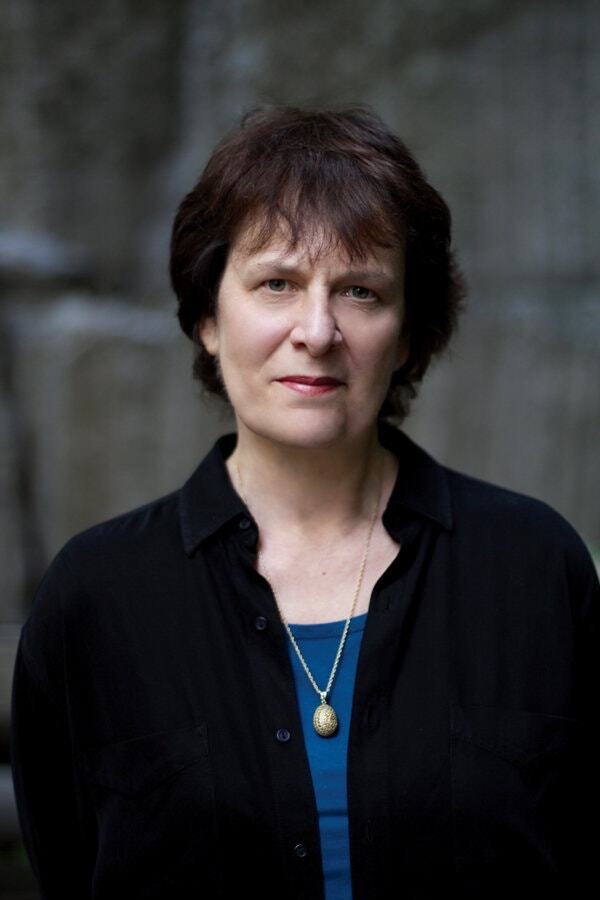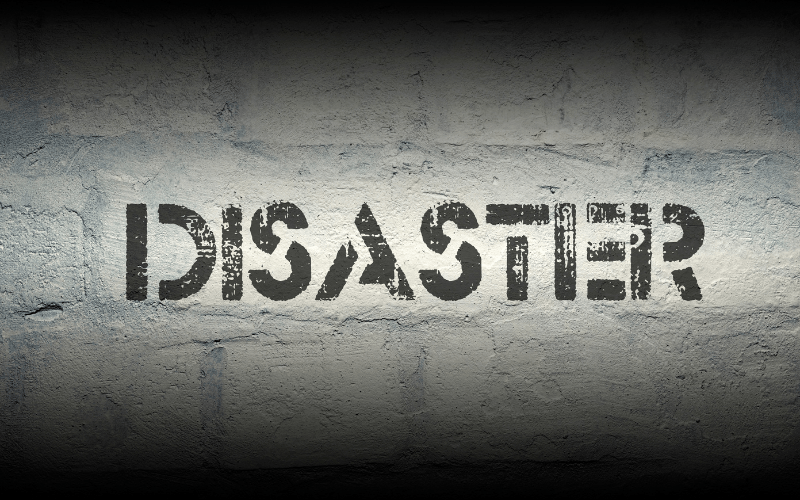This post is Part 3 of a 4 part series featuring EMDRIA Trailblazers.
EMDRIA Trailblazers
We are celebrating the EMDRIA Trailblazers, EMDR therapists who have been with EMDRIA and practicing EMDR therapy for more than 20 years! These EMDR therapists have been navigating discovery and critique in the EMDR field while gathering wisdom and continually honing for excellence. We polled these members and asked for responses to:
“What recommendations would you offer to newly trained EMDR therapists?”
“To use it – and obtain supervision to provide support and guidance.” *** Sandra Barker, Ph.D., NCC, LPC
“Don’t be afraid to jump in and start using it. As the research shows, following the standard protocol brings the best results. Seek certification; I found ongoing supervision to be very helpful. Participating in EMDR Therapy as a client can make you a better practitioner.” *** Max Bowen, LCPC
“Get comfortable and competent in using the basic EMDR protocol. Practice with your patients. Be creative and innovative in your work. Have an EMDR buddy, or several, who you can consult, provide mutual support, make referrals, etc. Go to conferences, get certified, stay current, and connect with the EMDR community. Try to go to EMDR Europe conferences for variety and expansion.” *** WSB
“I encourage newly trained EMDR Therapists to “hit the ground running” and get started with consultation as soon as they get home from the first part of their EMDR training. My most successful consultees have followed this advice, and I appreciate their growth and enthusiastic feedback about their work!” *** Carol J Crow, LMHC BCETS
“I would strongly recommend those newly trained EMDR therapists stay up to date, continue their ongoing learning, and seek consultation when appropriate. And newly licensed people who receive the training and implement and integrate the therapy into their practices are fortunate. I struggled for years, receiving training in various therapy and treatment areas, and EMDR therapy brings it all together.” *** Susan Goodell, MA, MS, MFT (Retired Member)
“There are so many protocols and approaches to the therapy now that it can be confusing and overwhelming, even to seasoned EMDR therapists. I would recommend focusing on mastering the standard protocol first and remembering that most of the others are based on a past-present-future approach. After the basic training and certification process, I recommend choosing advanced training approved for EMDRIA credits that seem like they would blend well with what you already do. I would also recommend screening for structural dissociation and taking it slow in preparation with these clients.” *** Linda Hinkle, Ph.D. HSPP
“I encourage newly training therapists to try EMDR therapy with a master therapist and to conduct research to broaden their knowledge in the field.” *** Priscilla Marquis, Ph.D.
“To take a risk, you need a support system and supervision/consultation. You need to interact with other EMDR therapists to feel comfortable trying this out. And then you need to stay true to the protocol and leap! If you are afraid, your client won’t be okay, schedule a follow-up phone call or a second session later that week. Once you leap.. you just keep moving forward and embody the feeling of being an effective therapist.” *** Annie Monaco, LCSW, RPT
“Become seeped in the basics, attend conferences and workshops, and be confident in your abilities. EMDR works, and you will see the changes right before your eyes.” *** Linda Nordquist, LCSW (Retired Member)
“There is a learning curve. Be patient, get consultation, and hang in there. The more EMDR you do, the better and more comfortable you get with AIP. *** Elaine Ortman, Nurse Practitioner
“After taking an EMDRIA-approved EMDR basic training program getting an EMDR case consultation is critical to utilizing EMDR to its true potential. EMDR psychotherapy is vital for therapist self-care and best client care. We now teach EMDR psychotherapy. The therapist’s use of self is a critical component of EMDR psychotherapy. We also facilitate attachment and developmental repairs as we address Big and Little tś.” *** Mary C. Ray, LCSW, ACSW, CSCT, SEP
“Take every training you can. Learn EMDR 2.0. Learn about dissociation and ego state therapy. Learn Somatic therapy. Mix the therapies. I promise you, you won’t go to hell! Get good supportive consultation from a flexible, warm consultant.” *** Robin Shapiro, LICSW
“I want to tell newly trained EMDR therapists to continue EMDR consultations and specialty training after basic training. You won’t regret it. By continuing to enhance your understanding and skills, you’ll gain confidence, allowing you to incorporate all your intuition and creativity into the process. EMDR therapy will become second nature to you and decrease your burn-out due to the gains you’ll be making with your clients.” *** Deb Wesselmann, MS, LIMHP
“I would encourage them to find support in a study group, work with a consultant, continue to learn, and spread the word. Again, I consider myself fortunate to work with so many wonderful therapists along the way who help(ed) me challenge myself and the work I was/am doing. It is helpful to have a network of other therapists, or a study group, as our learning process as humans and clinicians never stops. There are ‘no finished products.’ As an EMDR Institute Facilitator, EMDRIA Approved Consultant/Certified Therapist, and CE Provider, I review Francine Shapiro’s teachings and get input from training participants and fellow facilitators. I would also encourage the newly trained to attend EMDRIA conferences, as they provide an increased understanding of EMDR and the opportunity to network with other EMDR clinicians. The EMDRIA online communities are additional ways to exchange ideas and ask questions. In the past, I have moderated and co-moderated the Military online community. I also moderated and co-moderated the VA/RCS/DoD EMDR Monthly Conference Call. These are ways to gain additional support and knowledge about EMDR with specific populations; I learned much from these groups.” *** Jamie Zabukovec, Psy.D.
Back to Focal Point Blog Homepage
Additional Resources
If you are a therapist interested in the EMDR training:
- Learn more about EMDR at the EMDRIA Library
- Learn more about EMDR Training
- Search for an EMDR Training Provider
- Check out our EMDR Training FAQ
If you are EMDR trained:
- Check out EMDRIA’s Let’s Talk EMDR Podcast
- Check out the EMDRIA blog, Focal Point
- Learn more about EMDRIA membership
- Search for Continuing Education opportunities
If you are an EMDRIA Member:
Date
September 26, 2022





